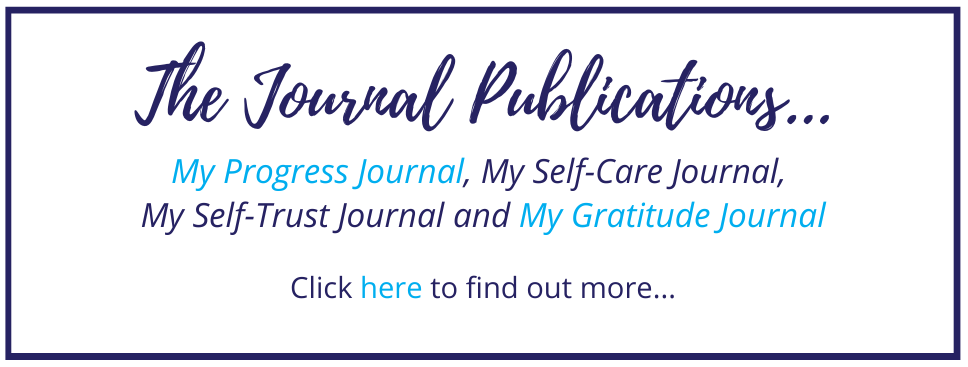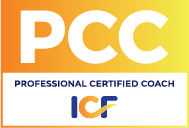No doubt by now you have seen the number of books and articles on the internet reading –
- 10 Steps to Financial Wealth
- 7 Steps to Health and Vitality
- 8 Steps to a Loving Relationship
- etc…
After reading these books and articles you are inspired and ready for a change and have the steps to prove it! All you have to do is follow them, how hard can it be…
Then a few hours, days or weeks pass by and you are not where you would like to be. You stop and reflect. The inner critic may come in and say things like –
- “why bother trying you can’t stick to those steps anyway?”,
- “you have tried before and nothing has changed, so why try again?” or
- “you haven’t tried hard enough, you are useless and are never going to get anywhere”.
The challenge with these “steps to” is they oversimplify the change cycle and can leave you unmotivated.
In the book Changing for Good, Prochaska, Norcross and DiClemente share 6 Stages of Change.
Six Stages of Change
Research has shown that change can be complex and sometimes doesn’t go according to plan or linearly. You can often take two steps forward and one step backwards, do a U-turn or even go backwards. Knowing the stages of change, before you are ready to make a change can help you with the change process and have greater success in the long-term.
The six stages of change are –
- Pre-contemplation (“I can’t…”),
- Contemplation (“I may…”),
- Preparation (“I will…”),
- Action (“I am…”),
- Maintenance (“I am still…”), and
- Termination (“I have…”).
Understanding the Six Stages of Change
1. Pre-contemplation (“I can’t …”) –
People in this stage can –
- Be unaware of the problem with the behaviours.
- Deny having a problem (i.e. you can think it is the people around you with the problem and not you),
- Resist change and can avoid talking about it when it is brought up in conversation (i.e. you can relate to the saying “ignorance is bliss”).
- Feel as though your situation is hopeless and change cannot really happen.
2. Contemplation (“I may …”) –
Some attributes that represent people in this stage include –
- “I want to stop feeling so stuck”
- Can struggle to understand your problem even though know you have a problem.
- Start to have plans of taking action towards change (but may not be committed yet).
- May know the destination and how to get there, but you are not ready to take action yet.
- Fear of failure can keep contemplators stuck.
- Some contemplators mistake thinking for action (don’t worry I can relate!!).
- End of contemplation stage is a time of anticipation and excitement.
3. Preparation (“I will …”) –
People in this stage are –
- Planning to take action in the next month to change their behaviour.
- Can choose to make your change public.
- May still need convincing that your change is required.
4. Action (“I am …”) –
This stage is where –
- You overtly modify your behaviour and environment (i.e. make the change that you have been preparing for).
- Requires the greatest commitment of your energy and time.
- Changes made in the action stage quite often get the most recognition from other people.
- Need to be aware that there are many aspects to change, not just action (i.e. preparation and maintaining the change).
5. Maintenance (“I am still …”) –
At the maintenance stage you –
- Consolidate the gains you have attained at the other stages.
- Can last as long as a lifetime.
- Need to have a strong commitment, otherwise relapse can occur.
6. Termination (“I have …”) –
The termination stage is –
- The ultimate goal for changers.
- When you have complete confidence and your behaviour will no longer return.
I hope the above information on change has helped you realise that change can be challenging and quite often isn’t the way we have planned it to go in a linear way.
Question for Reflection –
- Do you see yourself in the change process above? If so, what stage are you in for your most important priority/goal?
- What support have you put in place to keep you from relapsing?
Feel free to share your comments below or on our Facebook page.
If you are ready for a change in your personal or professional life and would like some support, why not join our free Habits for Wellbeing Toolkit?
Reference –
Prochaska, J., Norcross, J., & DiClemente, C. (2010). Changing for Good: A Revolutionary Six-Stage Program for Overcoming Bad Habits and Moving Your Life Positively Forward. New York, USA: Harper Collins Publishers.

















Leave A Response